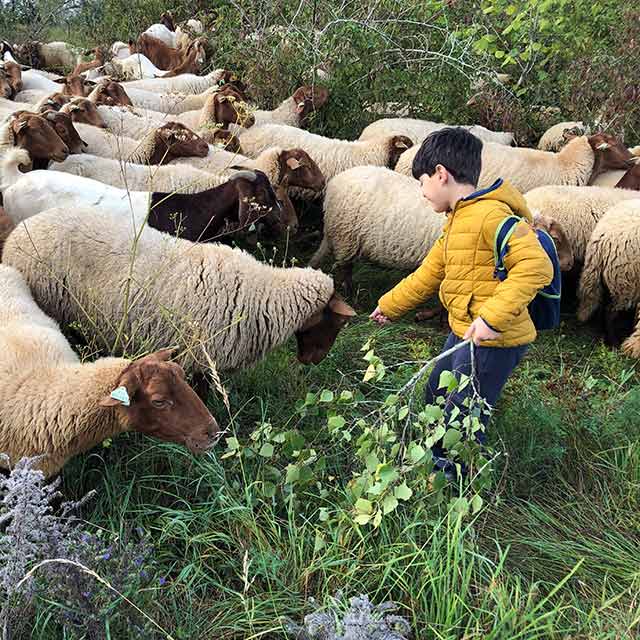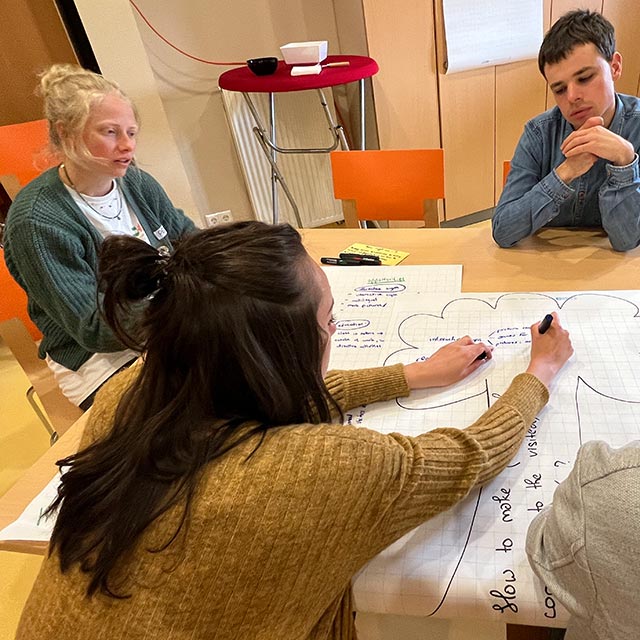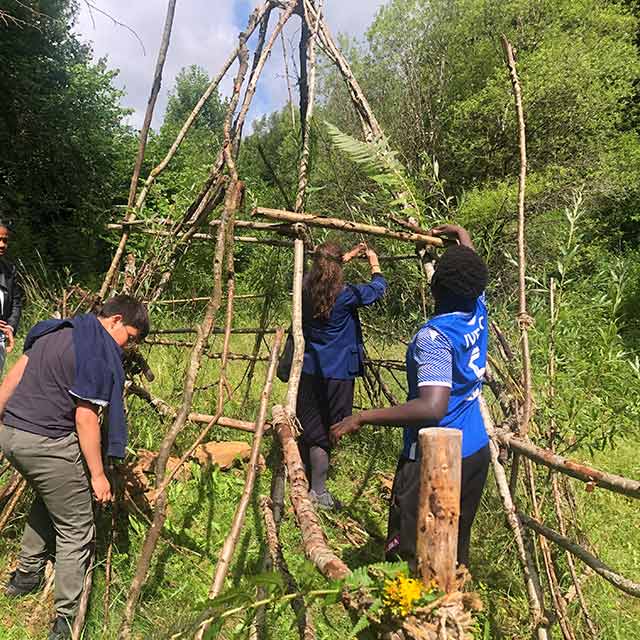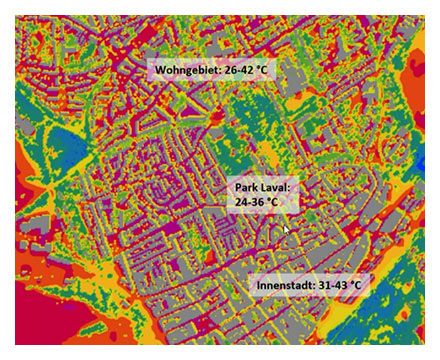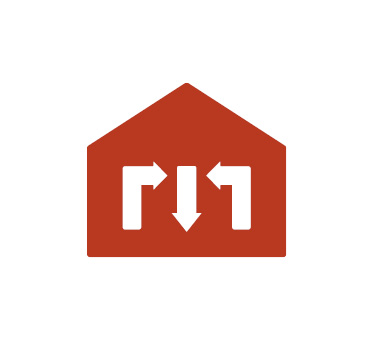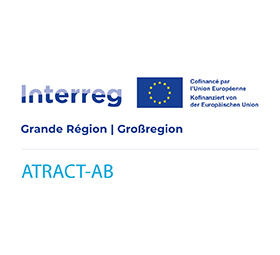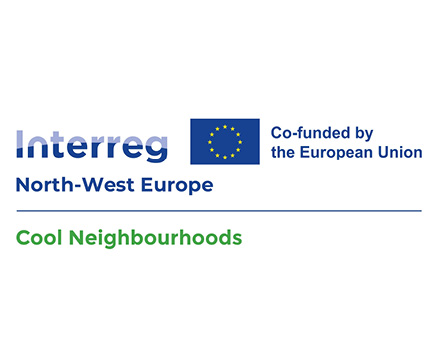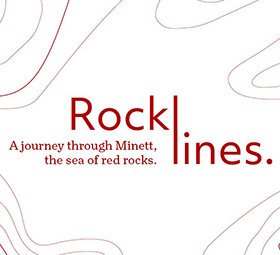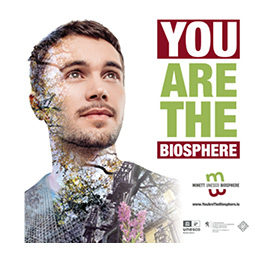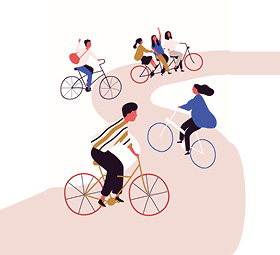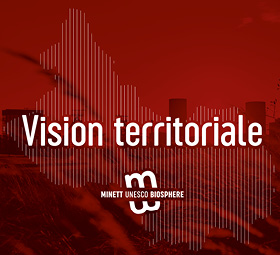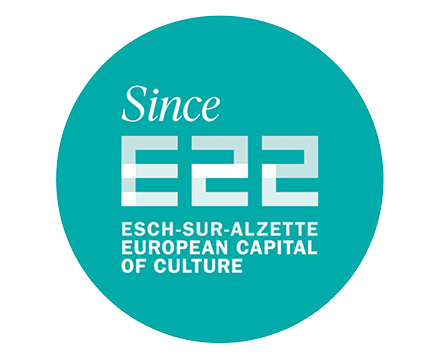 LéierLabs for children and adolescents
LéierLabs for children and adolescents


The MiNELL approach
Innovative workshops to encourage children and young people
to take initiative in protecting the environment

The MiNELL project adopts an interactive and interdisciplinary pedagogical approach, encouraging the active participation of children and young people through collaboration with experts from different fields such as natural sciences, arts and participatory methodologies.
Interactive learning tools
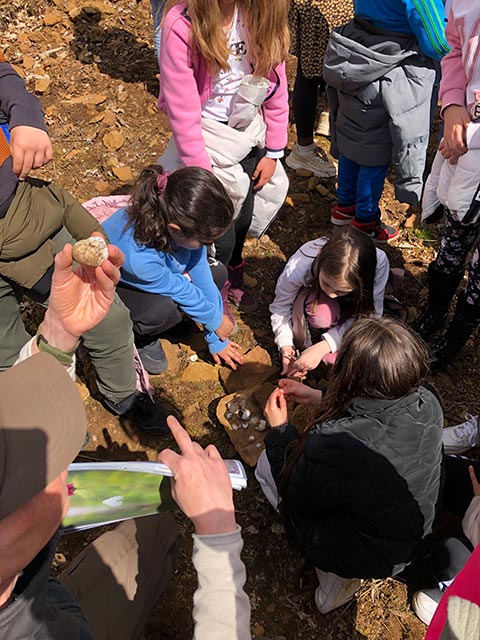
Workshops use innovative tools such as citizen science applications, artistic techniques (risography, screen printing, etc.), games and more to provide an interactive experience for participants.
Outdoor learning
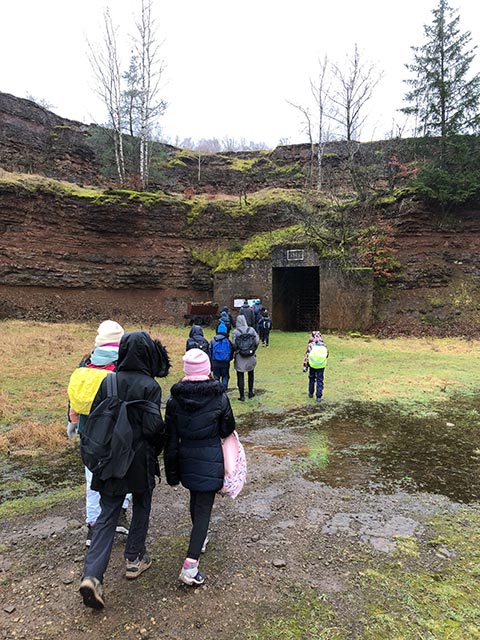
Activities primarily take place outdoors in both rural and urban settings, allowing young participants to explore and understand their natural environment through immersive experiences.
Participation and democratic processes
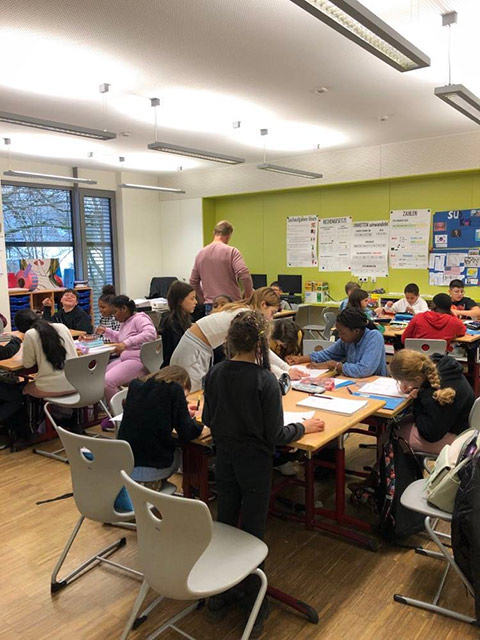
Children and young people are encouraged to participate in collective decision-making and concrete environmental protection initiatives, fostering critical thinking and democratic engagement.
Learning stages
Learn
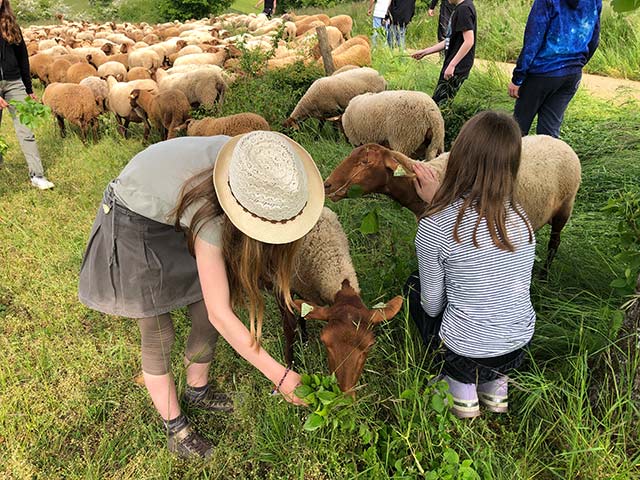
Interactive outdoor activities exploring environmental challenges.
Act
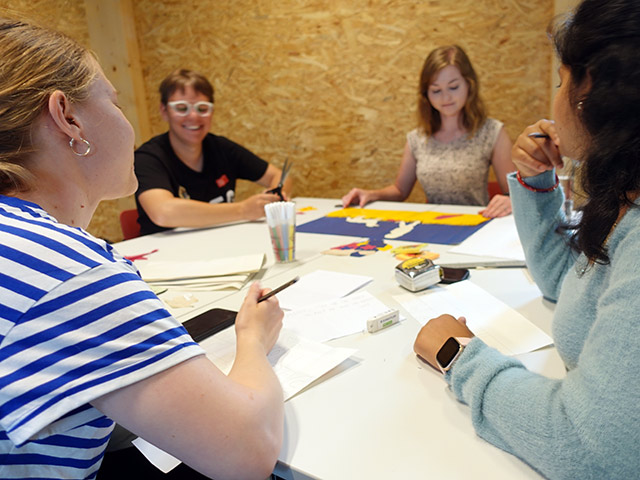
Researching and implementing concrete environmental solutions.
Share

Communicating outcomes through creative methods such as artistic projects or collective action.
Benefits of the MiNELL approach
Centralised coordination by MiNELL
Streamlined planning and management with continuous support throughout the process, while empowering key stakeholders (educators, experts) as co-creators of the ‘LéierLab’.
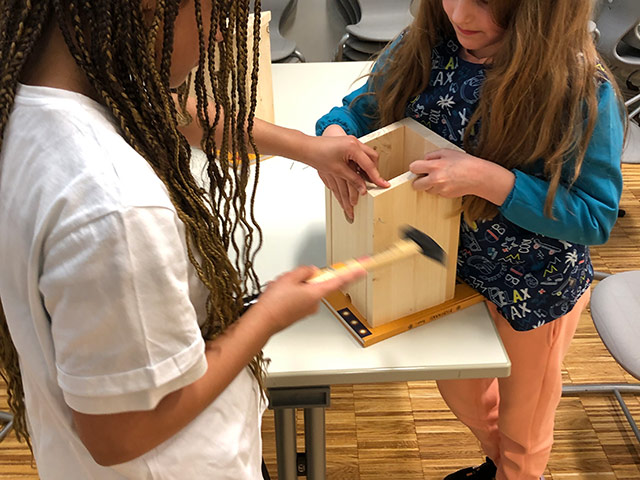
Interdisciplinary learning through expert input and tools
The interdisciplinary framework not only develops environmental science knowledge, but also cultivates social skills (e.g. teamwork, coordinated action), awareness of human-environment relationships and critical thinking – empowering young participants to become proactive, responsible citizens.
Accessible infrastructure through PRO-SUD
The PRO-SUD syndicate, which oversees MiNELL, unites 11 municipalities in the south of Luxembourg in sustainable development initiatives. This robust regional network provides access to diverse learning sites and facilitates local, impact-driven projects.

Mise en oeuvre de projets de protection environnementale
Concrete conservation initiatives are implemented, enhancing biodiversity while building participants’ confidence to lead grassroots action – with the aim of inspiring wider peer engagement.
Your role as an educator or facilitator
MiNELL coordinates the organisation and delivery of LéierLab, providing scientific and methodological support in line with the curriculum objectives. However, your active involvement is essential: your expertise, understanding of the group and ability to link projects to classroom learning are key to success.
For multi-session workshops, an initial planning meeting will set the objectives and framework. Ongoing collaboration and regular communication will ensure optimal outcomes and pedagogical impact.
The different nature and environment LéierLabs
As part of MiNELL, different types of workshops are offered for participants up to 19 years old. These workshops are distinguished by their duration and focus either on a specific theme or a particular location.
The one-time ‘Nature Explorer’ workshops are designed for children and adolescents between 6 and 19 years old and last between two and four hours.
Other MiNELL workshops can last between one week and two school years and can be flexibly adapted to specific needs or locations. These workshops are intended for children and adolescents between 8 and 19 years.

